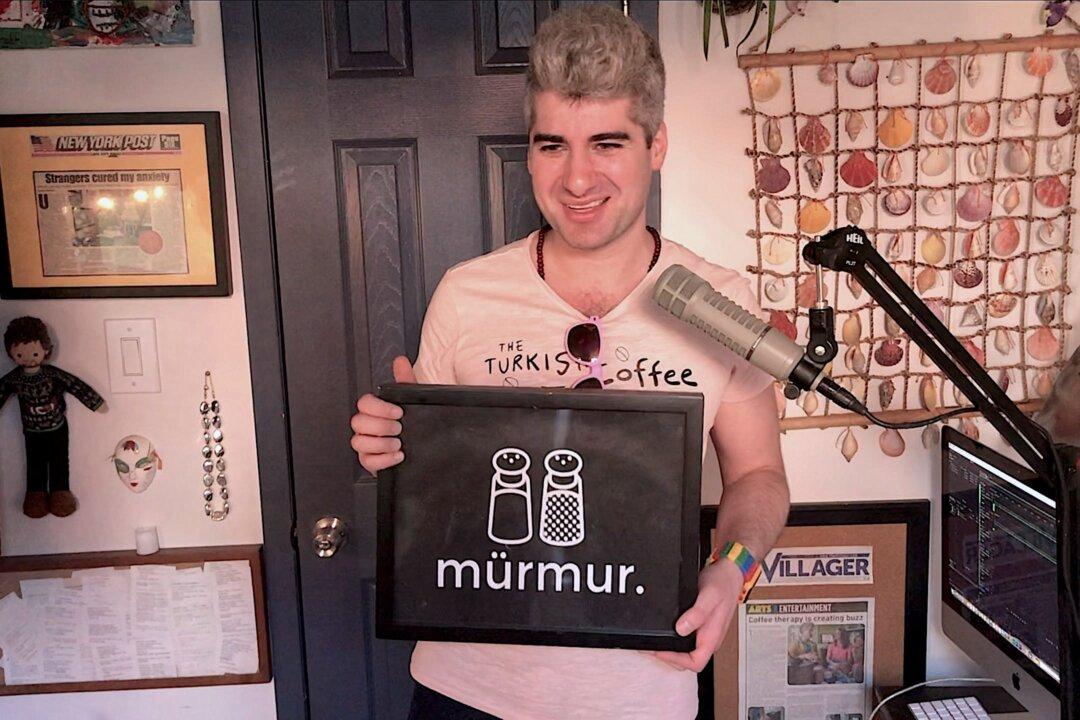SAN FRANCISCO—What do the new SFJAZZ Center and an after-school college prep have in common? Both have benefited from a tax credit program that funnels capital to essential community projects, and at no cost to the city.
One in four students who live in the Bayview-Hunters Point neighborhood never complete high school; it’s the lowest rate in the city. But for those mostly African American and Latino kids who spend some of their afternoons prepping themselves at College Track, the picture looks quite different.
According to its own statistics, all College Track students graduate from high school and almost 90 percent take the next step and enroll in college.
College Track is a nationwide nonprofit that helps high school students from underserved communities prepare for and successfully complete college. Seventy-five percent of College Track students earn a college degree—for many, they are the first in the family to do so—while the national average for low-income students stands at 22 percent.
College Track in San Francisco initially started out with 50 freshmen. Now it has grown to serve 220 students each year. This was possible partly due to a tax credit program. Receiving $8.7 million for rehabilitation of a building allowed College Track to open a new center in the heart of Bayview last September.
Projects such as College Track that foster economic, social, and community development have, since 2011, been able to apply with the San Francisco Community Investment Fund, a community development entity run by staff from various city agencies.
San Francisco Supervisors deemed the tax credit program a success Wednesday at the Budget and Finance Sub-Committee and voted for its continuation. The program focuses mainly on projects in low-income or AIDS-distressed communities.
Since 2010, the city has requested assistance several times from the U.S. Treasury for certain designated projects. So far, the Fund has been awarded $80 million in credits that will expire in 2014.
Since the tax credits reduce obligations owed to the federal government, the program comes at no cost to city or state. The city’s only obligation is to audit the projects and ensure that they meet its social and economic impact policy requirements.
The tax credits are spread over seven years and help to bring capital to projects that might not otherwise be completed.
The new SFJAZZ Center is another project that has benefited from the program, with an allocation of $15 million in credits for its new building in the Hayes Valley. Without the credits, the center would not have been able to open this January.
For the next round, several projects have applied for the remaining tax credits, worth a total of $53.3 million. Among them are a produce market and the historical Strand Theatre on Market Street.




